North Vietnam, Medical Plants, December 3rd, 1963, Michel Nr. 287-291; Four values in the nominals of 12 xu (three stamps) and 20 xu were issued. The set was released perforated (11.0) and im-perfroated.
Here is the mint perforated set
This is the mint imperforate set
Set in mint perforated blocks of four:
Imperforate proofs sometimes come to market but are very rare. Here is one of the 20 xu value (ex Klewitz). Note the printer guide marks surrounding the stamp.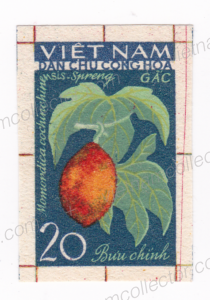
Here is a mint imperforate error stamp of the 12xu value that shows a green print that is upside down.
Very rare local letter (full content preserved) mailed in Hanoi under the reduced 6xu intra-city letter tariff. Most of these letters were tossed out so are now very hard to find.
Very rare local letter with a multiple franking of the 6xu value sent to Hanoi paying the correct standard letter rate of 12xu. Most local letters were destroyed in the multi-decadal war, destroyed by the tropical climate or by recycling due to raw material shortages.
Very rare local letter sent from Bai-Noc-Bach to Thai Nguyen. Thai Nguyen arrival cancel on the reverse.
Rare single franking of one of the 12xu values on a letter sent from Hanoi to Leipzig, East Germany paying the correct tariff on force at the time.
Very rare local letter featuring the red 12xu stamp, paying the correct 12 xu domestic letter tariff and sent from Hai Phong to Hanoi in December of 1963. Tu Liem transit cancel on the reverse. Most local letters were destroyed by the humid climate, paper recycling due to raw material shortage or the traditional spring cleaning where old papers are thrown out.
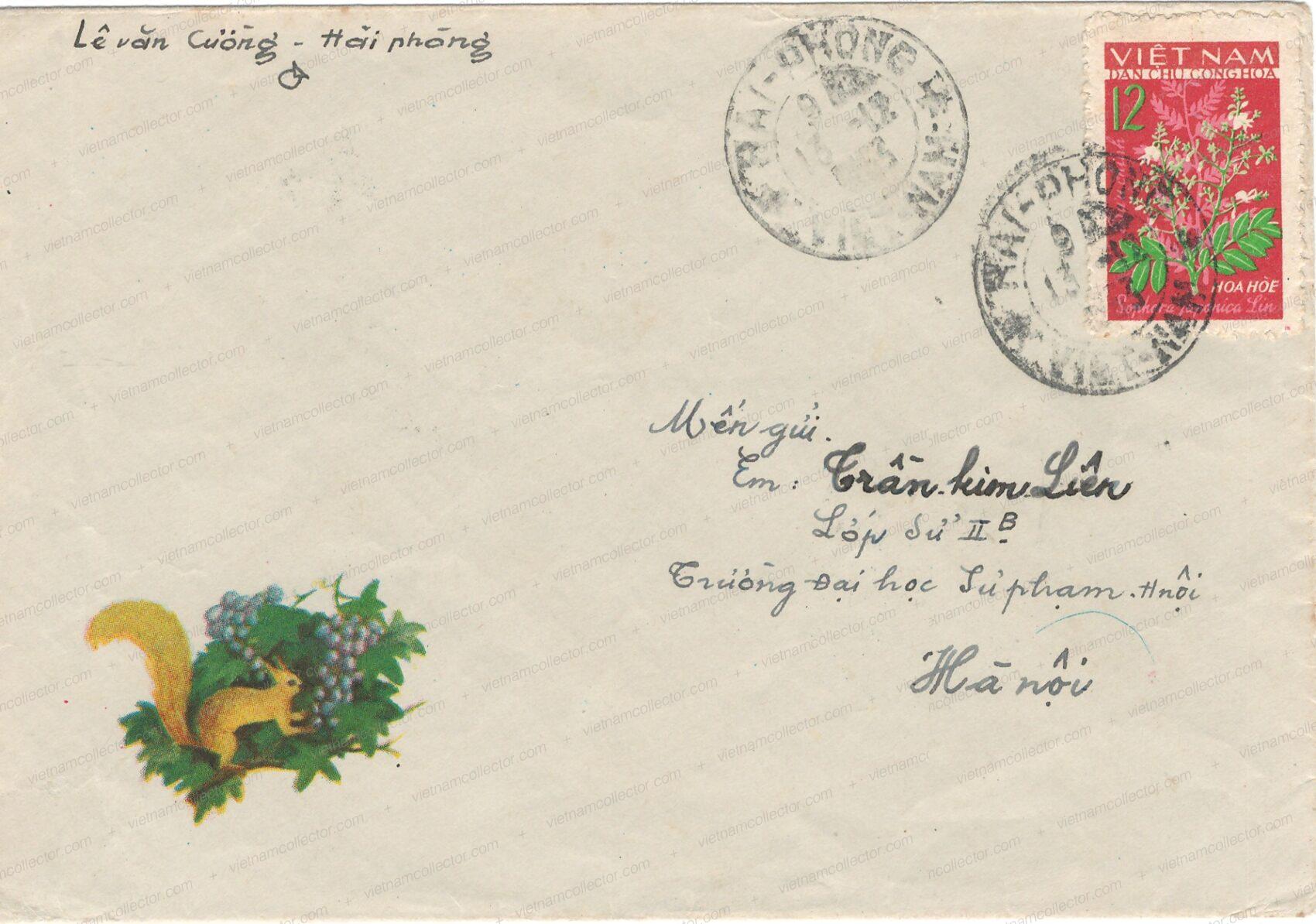
Rare single franking of the red 12xu stamp on a letter sent from Yen-Bai (small post office) to East Germany in February of 1964.
Mixed franking of three of the 12xu and one 6xu value of there medical Plant set on a letter sent from Hanoi to Magdeburg in East Germany paying a tariff of 54 xu.


Letter (ex Klewitz) with the complete medical plant set perforated franked overall with 92 xu. This would have been too much for a standard 20 gram letter to West Germany (50 xu) but the letter may have been heavier than the standard.
Very rare express mail letter sent to Klewitz in April of 1970 featuring the entire im-perforated medical plant set plus four 12 xu stamps of the folk dance set im-perforated. Im-perforated stamps postal used cover are very rare. Overall franking of 1.7 Dong. The standard letter rate to West Germany was 50 xu, international registration fee 60 xu and express mail fee 50 xu. So, the letter was either slightly over-franked or heavier than the standard 20 grams.
Mixed currency franking of the 6xu Medical Plant value together with other NVN stamps on a letter sent to the Soviet Union. The 100D HCM stamp was still denominated in Old Dong which were devalued by 1,000:1 on March 1st, 1960 so were only worth 10xu at the time of mailing. The overall franking amounted to 46xu.
Here is a rather colorful franking sent to Theo Klewitz in 1976. It carries the entire medical plant set and other North Vietnamese stamps for an overall franking of 1.3 Dong. Fulda arrival cancel on the reverse. The letter was sent by Express Mail, so the overall franking makes sense.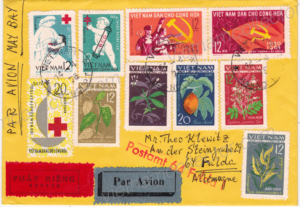
Here is a letter sent to Klewitz in December of 1965 featuring two of the medical plant stamps among other North Vietnamese stamps. The overall franking amounted to 40 xu which was actually insufficient for a letter to West Germany. However, the clever sender duped the postal clerk into thinking that the letter was routed towards East Germany by writing “Germany RD” which stood for East Germany on the envelope. To that destination the required rate was only 12 xu so the clerk accepted the letter without charging any postage due.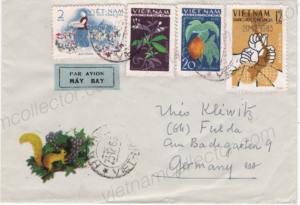
Rare express mail letter sent to Klewitz in March of 1976. The letter carries one of the 20 xu stamps. The overall postage of the letter amounted to 3.28 Dong which makes it most likely over-franked. The required postage for a standard 20 gram express mail letter to West Germany was only 1.00 Dong.
Registration Nr. 100860





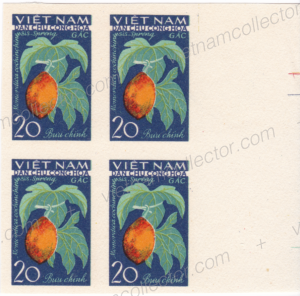


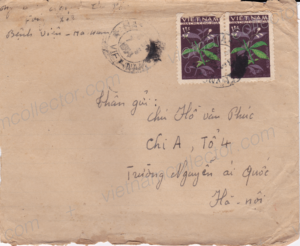
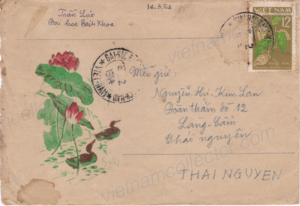

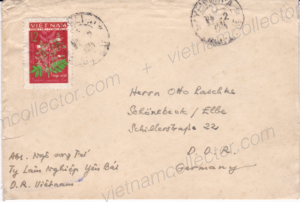
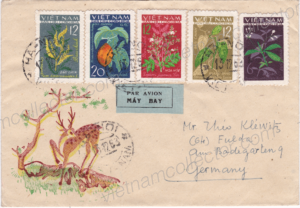

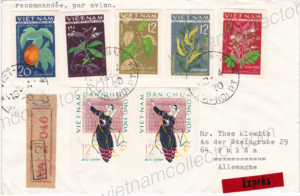

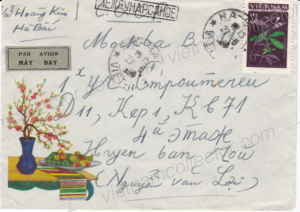
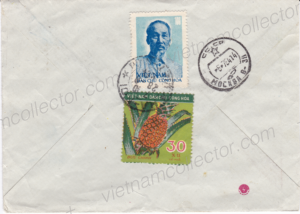
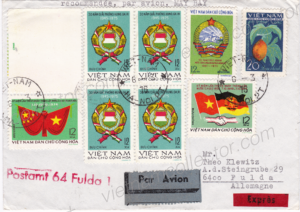
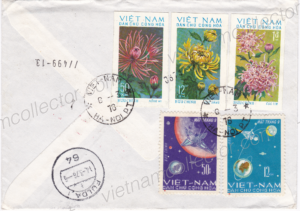
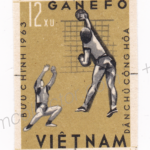
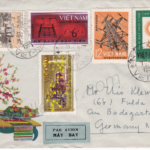
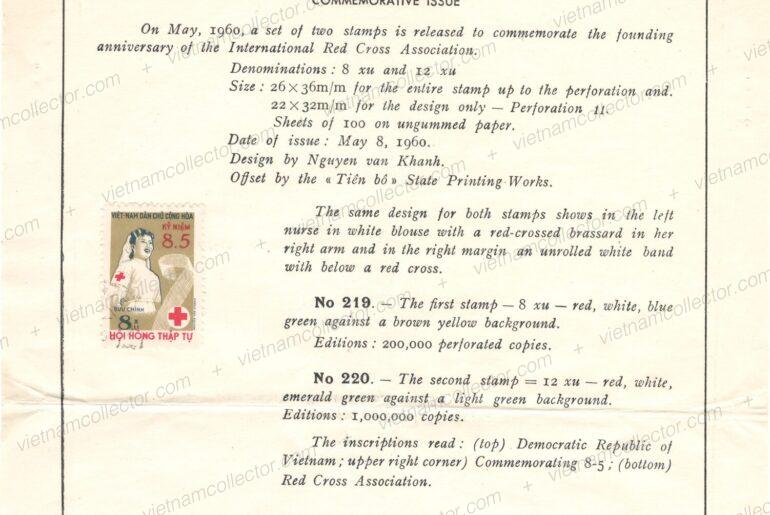
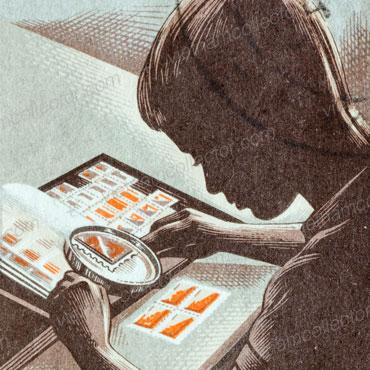
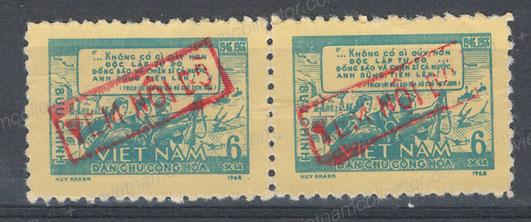
Comments are closed.